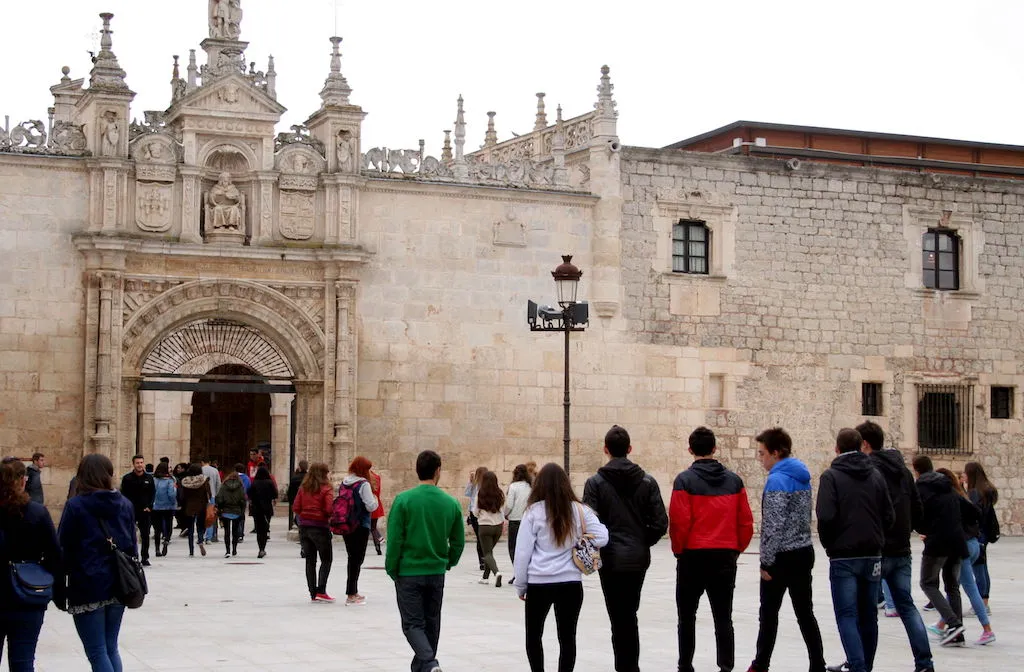A study by the University of Burgos (UBU) presented by the researcher Pablo Villa in the frameType 2 diabetes.
The studies carried out by the UBU Diabo-Ter Research Group, in collaboration with the Institute of Molecular Biology and Genetics (IBGM) of the University of Valladolid and the CSIC and the University of California (United States), have shownthat the absence of the enzyme that degrades insulin (insulin-degraing enzyme; IDE) causes insulin to exert its function correctly in the liver.
The studies have been taken to ends in models of transgenic animals generated by the research group itself.These scientific advances open the possibility of discovering new drugs directed against IDE for the treatment of type 2 diabetes.
Type 2 diabetes mellitus is one of the biggest current health problems.One of the characteristics of this disease is the presence of insulin resistance, that is, the inability to respond properly to insulin hormone by the tissues of our body.When our tissues, such as the liver, are not regulated by the action of the hormone, blood glucose levels increase dangerously to our health.
The Diabo-Ter Research Group, directed by Professor Germán Perdomo, investigates the cause for which insulin does not act correctly in the liver tissue.His studies have determined that the protein that degrades insulin (insulin-degraing enzyme; IDE) is a causal agent in hepatic insulin resistance.Poor transgenic mice for this protein show a defect in the intracellular signaling capacity of insulin in the liver, causing insulin receptor levels in liver cells to be drastically diminished.
The implications of these research are relevant for the search for new treatments for diabetic patients.These studies have been welcomed with great interest in the European Diabetes Congress organized by the EASD (European Association for the Study of Diabetes) that brings together European clinical scientists and specialists.


